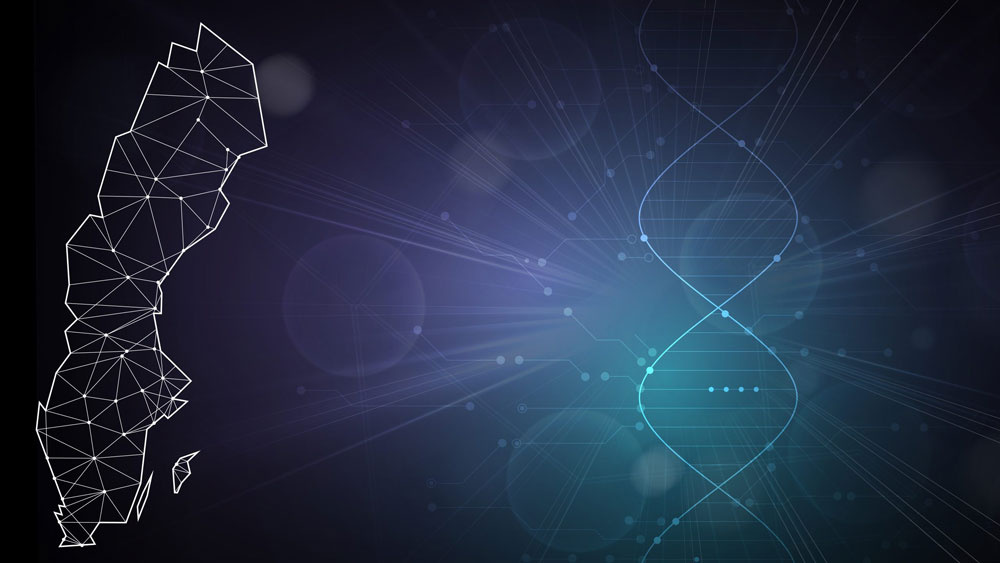DDLS Fellow to be recruited to CBH - welcome to listen to the candidates' presentations

A fellow is to be recruited for the national Data-driven life science program.
On June 25, the candidates will visit SciLifeLab and talk about their research.
Everyone at CBH is welcome to listen to the candidates' presentations via Zoom. Anyone who wants to join in on site needs a pass.
The day before, candidates will also give a 15-minute test lecture. The test lecture is for a tentative Master's course in Data-Driven Life Sciences, including topics such as programming environments and the use of computing clusters, file management, computationally heavy algorithms, visualization and statistics.
Link to test lectures on June 24 08:00-10:25
Using computing power to understand life sciences
SciLifeLab's and Wallenberg's national program for data-driven life science, DDLS, is a 12-year initiative funded with a total of SEK 3.1 billion from the Knut and Alice Wallenberg Foundation.
"Data-driven life science is about using computing power, such as artificial intelligence, to understand life sciences. Never before has so much data been produced in the life sciences. The emerging data must be managed to enable the discovery of patterns and relationships. At the same time, computing power, artificial intelligence and other technologies needed to manage data have improved significantly," says Cecilia Williams, Head of the Department of Protein Science.
A number of universities across Sweden are recruiting DDLS Fellows in four different areas of life sciences. A junior PhD researcher, selected by a recruitment committee, will be employed in an assistant professorship at SciLifeLab to conduct independent research and teach.
The aim of the program is to bridge the research communities in life sciences and computer sciences and to create partnerships with industry, healthcare and other national and international stakeholders.
"SciLifeLab, which today conducts research activities at all major Swedish universities, provides a national infrastructure and serves as a hub for life sciences in various disciplines, is the main host of the program. Our fellow is intended to work in the field of precision medicine and diagnostics with a focus on cancer and will be located at Campus Solna," says Cecilia Williams.
What do you hope to achieve with this recruitment, what will it bring?
"We hope to bring in new expertise in this area, which is an area that is developing strongly and in which a lot is being invested. We also hope that it will provide synergies with research that is already being conducted at the department, for example around the Human Protein Atlas and the cancer research we have, and that we will get faculty who can help develop teaching in this area."
Who can be considered for a fellowship?
"The candidate needs to be skilled in using or developing machine learning or other artificial intelligence algorithms to analyze and find connections in large amounts of biological data. Biological data can be genetic information and gene expression in cancer, images of cells, tissues or similar. In addition to knowing the subject area, the candidate should also demonstrate a potential for independence in setting up relevant hypotheses and conducting research on them and teaching."
"It is seen as positive to have done a postdoc at another university than where the candidate did the PhD, to gain experience and develop independence, and to have published good studies. Insight into pedagogy is also an advantage. Assistant professorships are intended primarily for younger researchers who obtained their doctorate no more than five years ago."
Text: Sabina Fabrizi
